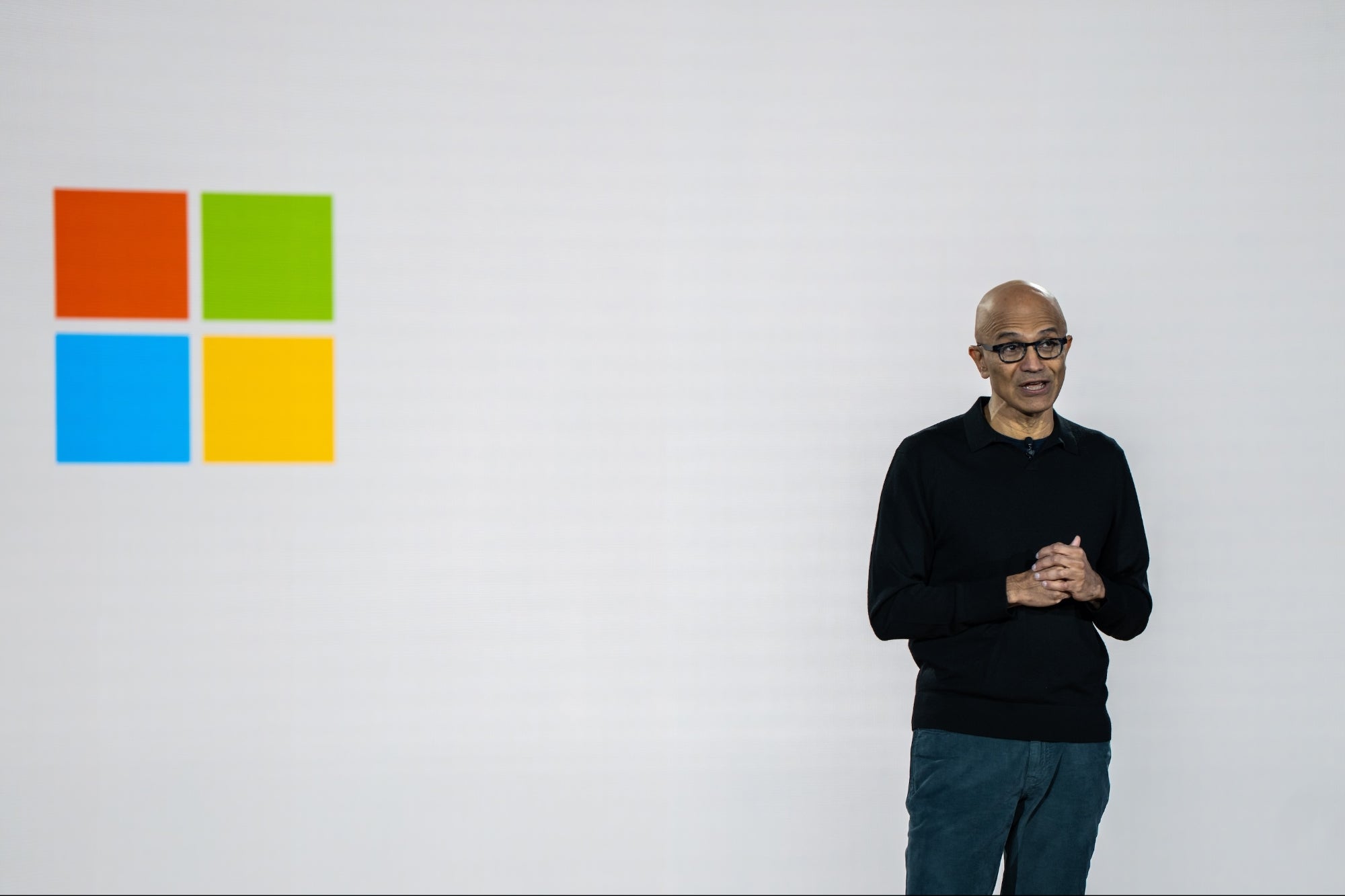Google Tells Some Remote Staff to Return to the Office: 'An Important Part of How We Innovate' Remote workers could lose their jobs if they fail to show up at the office in person three days a week.
By Sherin Shibu Edited by Melissa Malamut
Key Takeaways
- Google is asking remote workers in divisions like People Operations and Technical Services to return to the office on a hybrid schedule.
- Affected workers could lose their jobs if they fail to comply.
Google is tightening its hybrid work policy and telling remote workers in several divisions to return to the office three days a week or risk losing their jobs, per internal documents seen by CNBC on Wednesday.
Google informed some remote staffers that their only option would be accepting a voluntary buyout and leaving the company if they chose not to return to the office on a hybrid schedule.
Related: Google Says It Won't Follow Amazon's Lead With a Return-to-Office Mandate — Yet
Remote workers on Google's human resources People Operations team who live within 50 miles of an office have to return to the office on a hybrid schedule by June, Courtenay Mencini, a Google spokesperson, told CNBC. If they fail to show up, their roles will be eliminated.
Google began offering buyouts to the People Operations team in February, giving mid-to-senior-level employees the option to receive 14 weeks of salary plus one added week for every full year of service if they chose to leave voluntarily.
Remote employees in Google's Technical Services unit are also affected by the shift to hybrid work. Google has requested that remote staff in the division return to the office three days a week or accept a voluntary exit package. The tech giant is offering to cover relocation costs for remote employees to move within 50 miles of an office.
Mencini told CNBC that the switch to hybrid work only affects remote workers on certain teams and does not impact the whole company. Mencini cited "in-person collaboration" as the reason for the return-to-office push.
In January, Google gave all employees on its Platforms and Devices unit the option to accept a buyout. Earlier this month, Google laid off hundreds of employees in the division, which works on Chromebooks and Pixel devices.
Google co-founder Sergey Brin wrote in a memo last month to employees on Google's AI team that staff should spend "at least every weekday" in the office and work "60 hours a week."
Google's official policy is hybrid work for most employees. Google stated in 2021 that it was adopting a hybrid work policy, intending to have 60% of Googlers in the office three days a week, 20% in the office full-time, and 20% working completely remotely.
By the end of 2024, Google had 183,323 full-time global employees.











